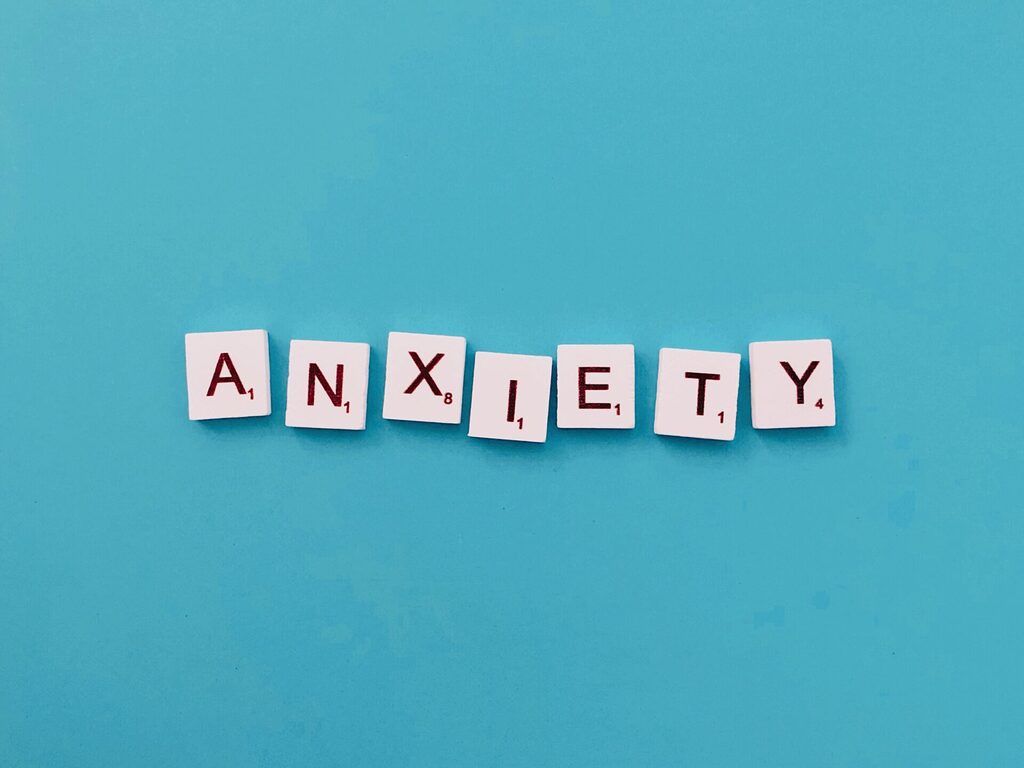Xanax (alprazolam) is a commonly prescribed medication belonging to the benzodiazepine class. It is widely used to treat anxiety and panic disorders due to its ability to provide rapid relief from symptoms. However, some individuals may experience a paradoxical reaction to Xanax, where instead of calming anxiety, the drug appears to make it worse. In this blog, we will explore the concept of paradoxical reactions to Xanax, understand its potential causes, and discuss alternative strategies for managing anxiety effectively.
Understanding Paradoxical Reactions
A paradoxical reaction is an unexpected response to a medication, where the drug produces effects opposite to what is typically expected. In the case of Xanax, instead of reducing anxiety and inducing relaxation, some individuals may experience increased anxiety, agitation, restlessness, and irritability. This response can be distressing and counterproductive to the intended purpose of the medication.
Potential Causes of Paradoxical Reactions
- Individual Biochemistry: Each person’s body chemistry is unique, and factors such as genetics, metabolism, and receptor sensitivity can influence how a drug affects them. In some cases, the way Xanax interacts with the individual’s brain chemistry may lead to unexpected reactions.
- Dosage and Tolerance: The dosage of Xanax and an individual’s tolerance to benzodiazepines can also play a role in paradoxical reactions. In some cases, higher doses or prolonged use of Xanax may contribute to adverse effects, including increased anxiety.
- Underlying Mental Health Conditions: Paradoxical reactions may be more likely to occur in individuals with certain underlying mental health conditions, such as depression or bipolar disorder. In such cases, Xanax may exacerbate the symptoms of anxiety rather than alleviating them.
- Substance Interactions: Concurrent use of other substances, including alcohol or recreational drugs, can interact with Xanax and contribute to paradoxical reactions.
Dealing with Paradoxical Reactions to Xanax
- Consult a Healthcare Professional: If you or someone you know experiences increased anxiety or other adverse effects after taking Xanax, consult a healthcare professional immediately. They can evaluate the situation, adjust the dosage, or consider alternative treatment options.
- Avoid Abrupt Discontinuation: Abruptly stopping Xanax can lead to withdrawal symptoms and may worsen anxiety temporarily. Tapering off the medication under medical supervision is essential to minimize potential complications.
- Explore Alternative Treatments: There are various alternative treatments for anxiety that can be considered if Xanax proves ineffective or leads to paradoxical reactions. Cognitive-behavioral therapy (CBT), relaxation techniques, mindfulness practices, and lifestyle changes can all play significant roles in managing anxiety.
- Address Underlying Issues: If an underlying mental health condition is contributing to the paradoxical reaction, addressing and treating the root cause may be necessary. A comprehensive evaluation by a mental health professional can help identify and manage these conditions effectively.
- Consider Non-Benzodiazepine Medications: Some individuals may respond better to non-benzodiazepine medications for anxiety, such as selective serotonin reuptake inhibitors (SSRIs) or serotonin-norepinephrine reuptake inhibitors (SNRIs). These medications work differently in the brain and may be better suited for some individuals.
While Xanax is effective for many individuals in managing anxiety, it can lead to paradoxical reactions in some cases, exacerbating anxiety rather than relieving it. Understanding the potential causes of these reactions and seeking professional guidance is crucial for finding the most appropriate treatment for anxiety. Whether it involves adjusting the dosage, exploring alternative treatments, or considering non-benzodiazepine medications, addressing anxiety with a holistic approach can help individuals lead healthier and more fulfilling lives. Always consult with a qualified healthcare professional to determine the best course of action for managing anxiety effectively and safely.

